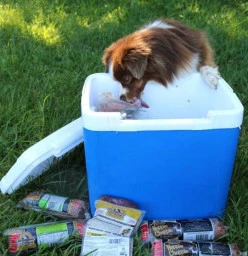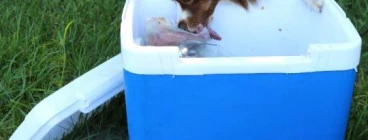- 3 Andromeda St Phoenix, Durban, Phoenix Central, KwaZulu-Natal 4068
- 5-10 km from Umhloti Heights
Vet Prescribed Dog Food - Pet Supplies & Services in Umhloti Heights (4340)
No exact matches found within 5km.
Other related businesses in and around Umhloti Heights (within 20km)
- 275 Aberdare Drive, Phoenix Industrial Park, Durban, Phoenix Industrial, KwaZulu-Natal 4156
- 5-10 km from Umhloti Heights
- Cnr Hoof & Metlaarskamp Street, Hankey, Hankey, Eastern Cape 6350
- 5-10 km from Umhloti Heights
- Biesiesvlei, Sannieshof, North West Province 2760
- 10-20 km from Umhloti Heights
- 175/177 Redberry, Rockford, Pheonix, Durban, Rockford, KwaZulu-Natal 4068
- 5-10 km from Umhloti Heights
- Durban North CBD, KwaZulu-Natal
- 10-20 km from Umhloti Heights
Alpha Pet Products is a reputable company specializing in high-quality pet products, with a particular focus on sheepskin dog toys and raw food for dogs. Founded with a passion for providing pets with the best possible care, Alpha Pet Products has established itself as a trusted brand in the pet industry. Their line of sheepskin dog toys combines durability with luxury, offering dogs a satisfying chewing experience while also being gentle on their teeth and gums. These toys are crafted with meticulous... Read more
- 101 Wick Street, Verulam, Durban, Verulam Central, KwaZulu-Natal 4339
- 2-5 km from Umhloti Heights
- Cnr King Fisher and Flamingo Road, Sedgefield, Sedgefield Central, Western Cape 6573
- 10-20 km from Umhloti Heights
- Grayston Drive, Sandton, Sandton CBD, Gauteng 2146
- 10-20 km from Umhloti Heights
- 3 Smithers Rd Stanger, Durban, 4450, Stanger CBD, KwaZulu-Natal 4449
- 10-20 km from Umhloti Heights
- 180 Crofdene Drive, Chatsworth, Durban, Chatsworth CBD, KwaZulu-Natal 4092
- 10-20 km from Umhloti Heights
- -26.59579167, 25.04045, Delareyville, North West Province 2770
- 10-20 km from Umhloti Heights


